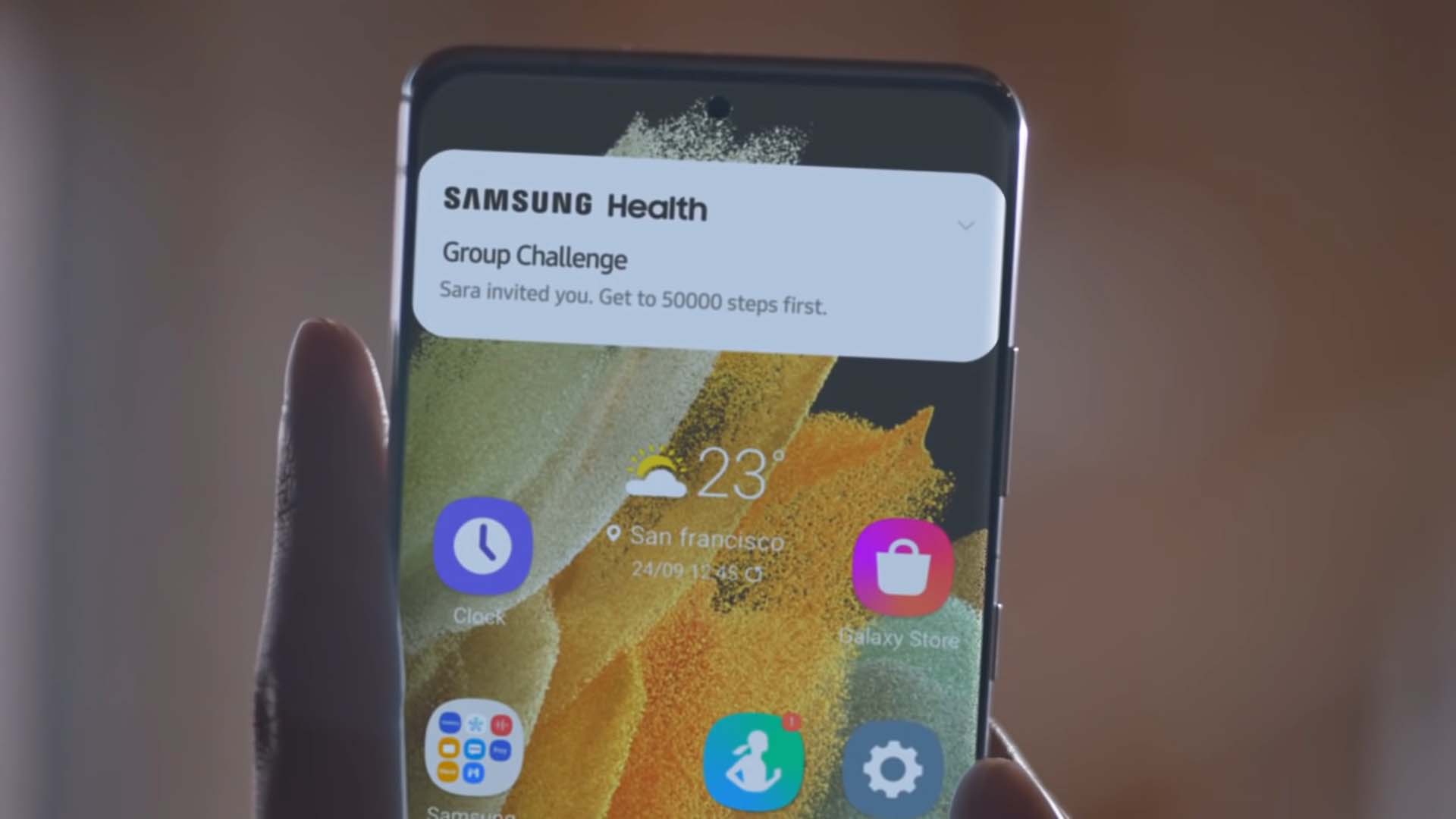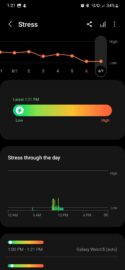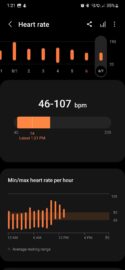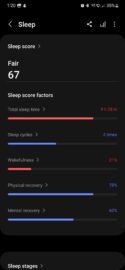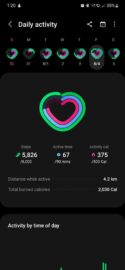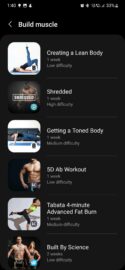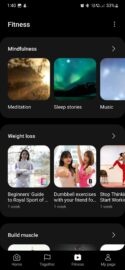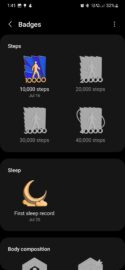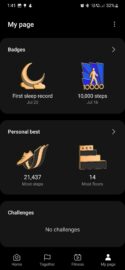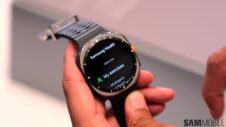At Galaxy Unpacked, Samsung told us its mobile business is shifting focus from raw hardware upgrades to optimizing the software and creating a superior app experience. And with this change of trajectory in mind, we've created a new series on SamMobile to help readers explore the Samsung mobile experience in greater detail.
Every week, we'll dive deeper into the company's software and first-party apps, their features, and how they may have improved with the latest updates or One UI releases. Our goal is to help inform both new and existing Galaxy device users.
The format works as follows: We dedicate an entire week to one Samsung app or One UI feature, and readers can expect a new story around that topic every day until the end of the week. This week, we're taking an in-depth look at Samsung Health, starting with this overview.
What is Samsung Health?
If you're new to Samsung mobile devices, you might be wondering: “Just what is Samsung Health, anyway?” Here's your introduction.
Samsung Health is a powerful mobile app that collects information from your smartphone and smartwatch's sensors. Samsung Health can record a Galaxy user's fitness data, help them stay in shape, track various health-related parameters, track and improve their sleep, help them connect with other fitness enthusiasts worldwide, track menstrual cycles, and more.
Samsung Health is available for Galaxy smartphones, Galaxy smartwatches, and Samsung TVs. As long as you're logged in with your Samsung account across these devices, your Samsung Health data will be seamlessly shared cross-device. Whatever fitness data your smartwatch records will be visible on the Samsung Health smartphone and TV apps.
Why do you need a Galaxy smartwatch to use Samsung Health?
The truth is, you don't need a smartwatch to use Samsung Health on your phone or TV. However, without a Galaxy smartwatch, your phone (let alone your TV) has strict limitations to what health and fitness information it can collect from you.
Using a phone, you can count steps and keep track of your calorie intake, but you'll be missing heart-rate data, sleep data, most workout information, and a lot more.
While reviewing your Health data on your phone or TV gives you a more complete picture, the smartwatch does most of the work when it comes to gathering your health and fitness data for Samsung Health. If you have a smartwatch, such as the Galaxy Watch 5 or Watch 6, you can track the following parameters and share that information through Samsung Health across your other Samsung devices:
- Daily activity: Steps, time spent exercising, and calories burned
- Sleep tracking: Time in bed, actual sleep time, total sleep time, sleep cycles, wakefulness, physical recovery, mental recovery, sleep stages, blood oxygen during sleep, and snoring.
- Blood oxygen
- Heart rate
- Stress levels
- Blood glucose (manual tracking)
- Body composition: weight, skeletal muscle, fat mass, body water, and BMI
- Complete exercise history
- Food (calorie) and Water intake
- ECG (electrocardiogram)
Story continues after the video
There's also the Samsung Health Monitor component, which is available as a separate companion app for Samsung Health. Through it, users can also track blood pressure in addition to ECG. However, you will need to calibrate your Watch using a medical device before you can track blood pressure.
You can download Samsung Health and Samsung Health Monitor on your device from the Galaxy Store (hit the links).
Fun challenges, achievements, and fitness content
You can probably already tell that Samsung Health, when paired with a Galaxy watch, offers a robust suite of health and fitness tracking tools. But the app also tries to make working out fun.
Firstly, Samsung Health can connect you to other Health users, including your contacts, and offers monthly challenges via the “Together” section. Participating in these events gets you achievement points and a rank.
Furthermore, Samsung Health has a dedicated “Fitness” section where users can listen to meditation music, sleep stories, watch fitness and sports success stories, and get training tips and guides.
And last but not least, Samsung Health's “My Page” section offers an overview of the platform's achievement system where users can track their records, personal bests, badges, challenges, and more.
This concludes our overview of Samsung Health, but we will take a closer look at, review, and walk you through more Samsung Health features independently throughout the week. Make sure you stay tuned.
